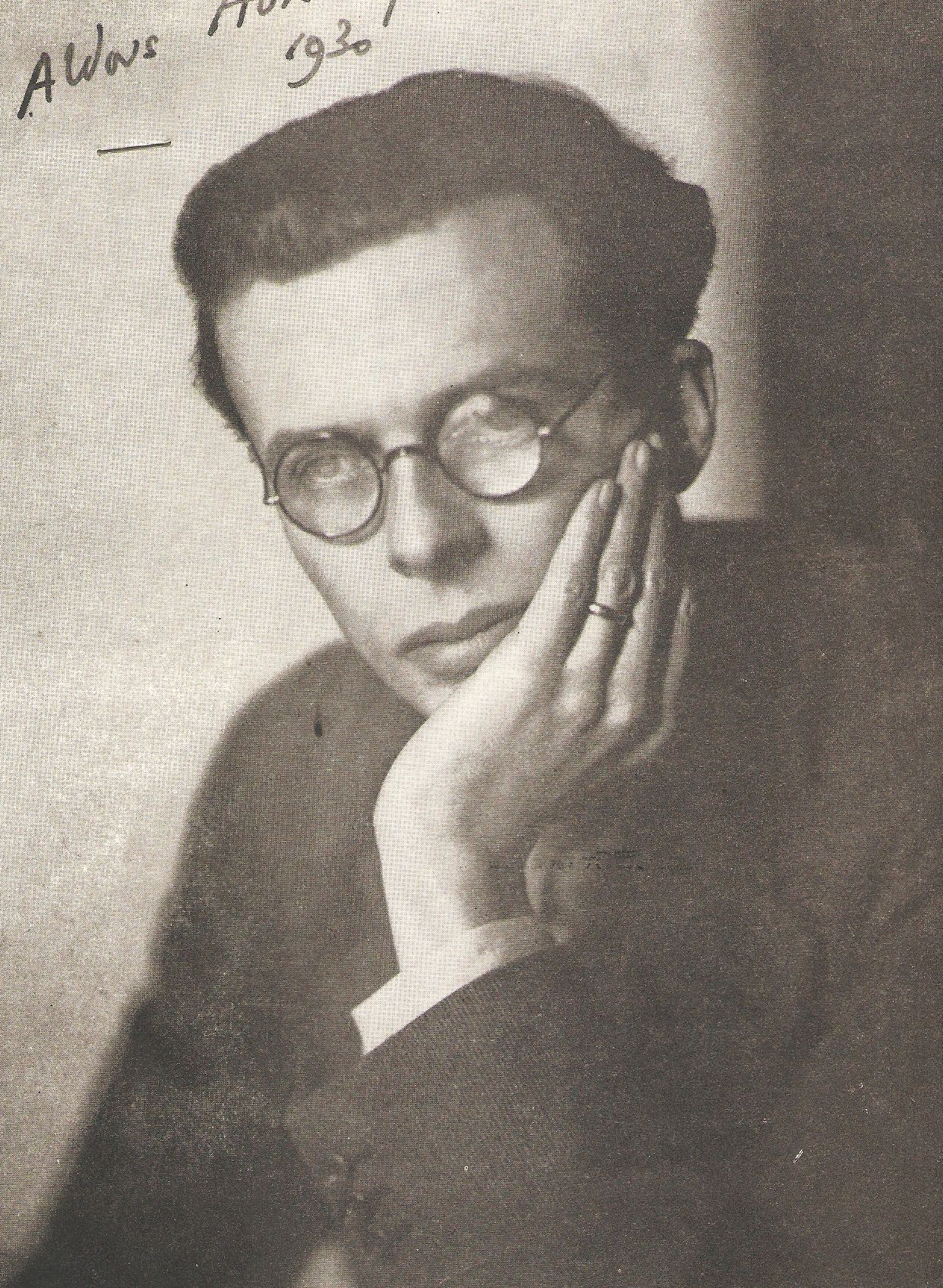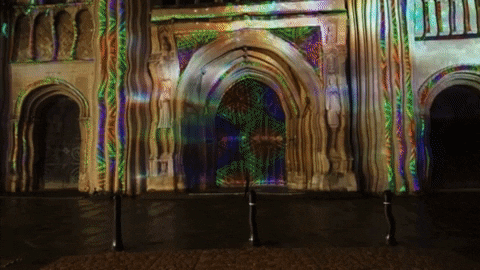Welcome to Afterglow, a newsletter that will change your mind. My name is Charles Bliss and I'm a psychedelic journalist from Norwich, UK.
This week we're travelling to 1950s Los Angeles to take a mescaline trip with Aldous Huxley, author of Brave New World. Slip into your favourite pair of flannel trousers — you never know what they might reveal.

One bright May morning in 1953, writer Aldous Huxley swallowed four-tenths of a gram of mescaline dissolved in half a glass of water. Mescaline is the active psychedelic alkaloid found in the peyote and San Pedro cacti, which have been used in Native American religious ceremonies for millennia.
The drug was prescribed by psychiatrist Humphrey Osmond, the man who later coined the term psychedelic. The pair struck up an epistolary friendship sustained by letters that discussed the nature of mind and the potentialities of the human experience. Huxley writes:
"It had always seemed to me possible that, through hypnosis, for example, or autohypnosis, by means of systematic meditation, or else by taking the appropriate drug, I might so change my ordinary mode of consciousness as to be able to know, from the inside, what the visionary, the medium, even the mystic were talking about."
So, when Osmond offered Huxley the chance to experiment with mescaline, the English writer was "eager to be a guinea-pig". During the next eight hours, Osmond observed and interviewed Huxley as his mind became concerned "not with measures and locations, but with being and meaning".
Huxley recorded his experience in The Doors of Perception, which is today considered the canonical psychedelic trip and accompanying trip report (and from which Jim Morrison's band The Doors took their name).

The most enduring idea in Huxley's book is his notion of the "reducing valve". Borrowing from philosophers Henri Bergson and C. D. Broad, Huxley speculates that the brain and nervous system eliminate experience from our awareness to protect us from being overwhelmed by sensory data.
He explores the possibility that each person at each moment is capable of remembering everything that has ever happened to them. Perhaps the human mind could even be capable of perceiving everything that is happening everywhere in the universe — a phenomenon Huxley calls "Mind at Large". But the evolutionary process filters out most information, leaving behind only access to perceptions that are practically useful.
To make biological survival possible, Mind at Large has to be funnelled through the reducing valve of the brain and nervous system. What comes out at the other end is a measly trickle of the kind of consciousness which will help us to stay alive on the surface of this particular planet.
What Huxley was interested in — indeed what many who explore altered states of consciousness are interested in, whether through fasting, meditation, sensory deprivation, body mortification, yoga, breathing exercises, lucid dreaming – is how to open the reducing valve and let more of the universe pour onto our nervous system. How to experience the rapture of being alive.
"It was inexpressibly wonderful, wonderful to the point, almost, of being terrifying. And suddenly I had an inkling of what it must feel like to be mad."
As discussed in this newsletter before, psychedelic drugs can be effective facilitators of mystical insight. However, the change in consciousness that arises after opening the reducing valve comes with risks, as Huxley found out.
"This, I suddenly felt, was going too far. Too far, even though the going was into intenser beauty, deeper significance. The fear, as I analyse it in retrospect, was of being overwhelmed, of disintegrating under a pressure of reality greater than a mind, accustomed to living most of the time in a cosy world of symbols, could possibly bear."
He describes the maniacal panic that consumed him as he was confronted by the Last Judgment. But, upon closer inspection, he slowly realised it was only... a chair. His grey flannel trousers, on the other hand, were "mysteriously sumptuous", charged with "is-ness", a "labyrinth of endlessly significant complexity!"
But whether elevating the mind to greater realities of bliss or vaporising it with apocalyptic intensity, Huxley states that mescaline will transform the user, as the person who comes back through the door won't be the same person who went out.
"He will be wiser but less cocksure, happier but less self-satisfied, humbler in acknowledging his ignorance yet better equipped to understand the relationship of words to things, of systematic reasoning to the unfathomable Mystery which it tries, forever vainly, to comprehend."
The psychedelic experience, therefore, can puncture our over-inflated worldview and point to the mystery at the heart of existence. This might then open our minds to previously unseen and unexplored possibilities.
We will continue our exploration of Huxley's ideas in next week's newsletter, with reference to Richard Linklater's Before Trilogy.
Until then,
Charles Bliss

🤯 Mind at Large
A breakdown of mind-blowing ideas I encountered this week:
🎬 Video – Interview with Aldous Huxley on Mescaline (1961). Hear Huxley describe his experience with mescaline in an extract taken from Speaking Personally, a compilation of interviews released as an album that is also available on Spotify.
📖 Book – The Complete Illuminated Books by William Blake. I am deliriously happy with my most recent purchase, which collects Blake's ecstatic mythology, poetry and prints into one edition. I've even invested in an LED magnifying glass to read the smaller reproductions of his colourful etchings. This won't be the last time I wax lyrical about this book.
"If the doors of perception were cleansed, everything would appear to man as it is: infinite."
William Blake
🫠 Enjoying this newsletter?
Forward to a friend and let them know where they can subscribe.
